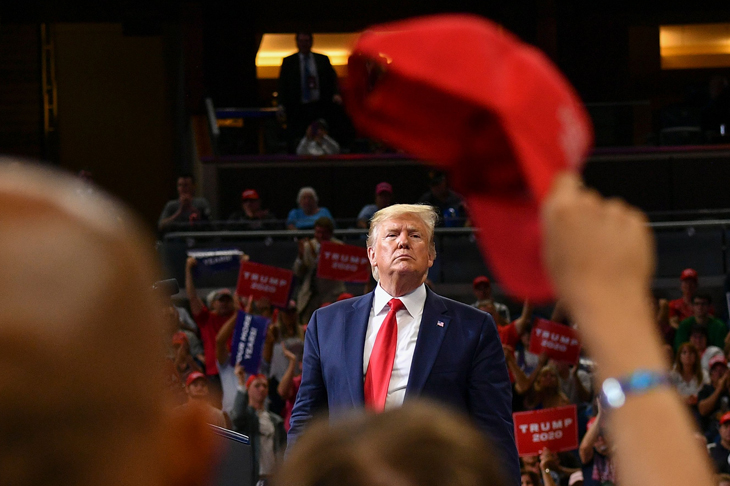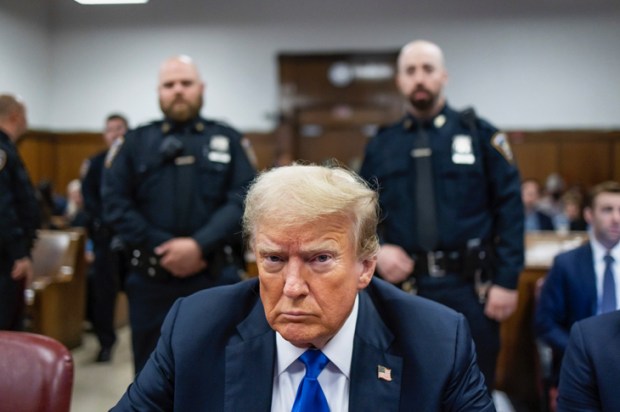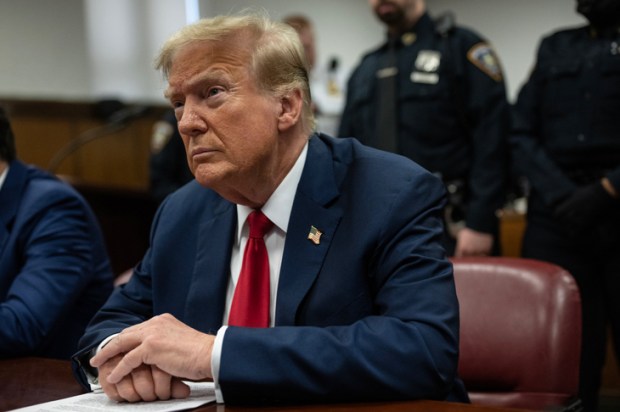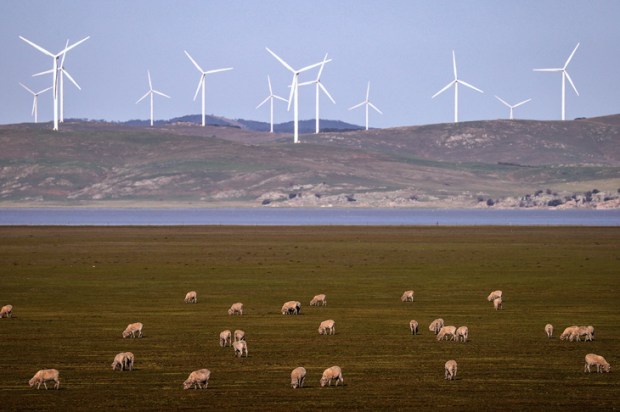Our federal election is over but the US-China trade war rolls on. Overnight Donald Trump offered some free advice to Australia on how we should play things from here:
‘I am a protectionist!’, the US President tweeted. ‘I don’t think that the history of Australia could have been what it has been without the great industrial enterprises, the great basic industries, the great factories of Australia.
Already a subscriber? Log in
Subscribe for just $2 a week
Try a month of The Spectator Australia absolutely free and without commitment. Not only that but – if you choose to continue – you’ll pay just $2 a week for your first year.
- Unlimited access to spectator.com.au and app
- The weekly edition on the Spectator Australia app
- Spectator podcasts and newsletters
- Full access to spectator.co.uk
Or
Unlock this article
You might disagree with half of it, but you’ll enjoy reading all of it. Try your first month for free, then just $2 a week for the remainder of your first year.














Comments
Don't miss out
Join the conversation with other Spectator Australia readers. Subscribe to leave a comment.
SUBSCRIBEAlready a subscriber? Log in